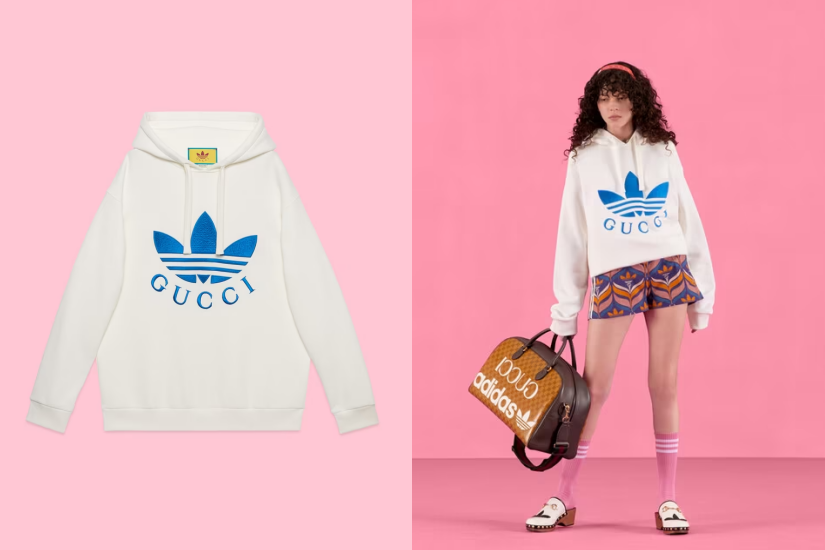Abstract:
Makeup is a topic that has captured the interest of many people, especially those who are interested in beauty and self-care. It has become a huge industry that caters to people of all genders and ages. This article will explore the concept of makeup, its uses in enhancing beauty, and its impact on self-esteem.
Introduction:
Makeup has been used for thousands of years to enhance beauty and create different looks. From ancient Egyptians to modern-day beauty influencers, the art of makeup has evolved into a multi-billion dollar industry. While some people believe that beauty comes from within and makeup is unnecessary, others argue that makeup can boost one’s self-esteem and help them feel more confident in their own skin.

Detailed Explanation:
Makeup has many uses, from hiding imperfections to accentuating one’s best features. It can be used to create a natural, no-makeup look or a bold, dramatic look. Makeup products can be applied to the face, eyes, lips, and even the body. Some common makeup products include foundation, concealer, blush, eyeshadow, mascara, and lipstick.
For many individuals, makeup plays an essential role in their daily routine. It can be used to enhance one’s physical appearance, boost confidence, and express creativity. Makeup can also be used as a form of self-care and relaxation. The act of applying makeup can be therapeutic and a way to relieve stress and anxiety.
Research has shown that makeup can have a positive impact on one’s self-esteem. A study by the Dove Self-Esteem Project found that 77% of women believe that wearing makeup makes them feel more confident. Makeup can also serve as a tool for self-expression and empowerment. The beauty industry has made strides in creating more inclusive makeup products that cater to individuals of different skin tones, identities, and abilities.
However, some argue that the beauty industry’s emphasis on makeup perpetuates unrealistic beauty standards and can negatively impact one’s self-esteem. The pressure to wear makeup and achieve a certain beauty ideal can lead to feelings of inadequacy and insecurity.
Conclusion:
Makeup is a versatile and powerful tool that can enhance beauty, boost self-esteem, and serve as a form of self-care. While it is important to recognize the potential negative effects of the beauty industry’s emphasis on makeup, it is also crucial to acknowledge its positive impact on self-expression and confidence. Ultimately, the decision to wear makeup is a personal choice and should be based on individual preference and comfort.

